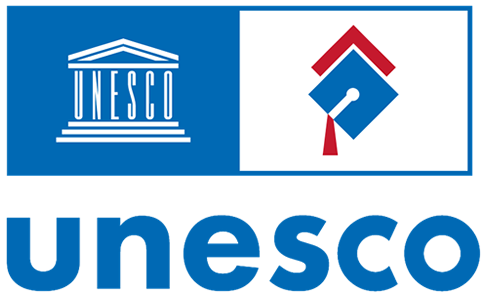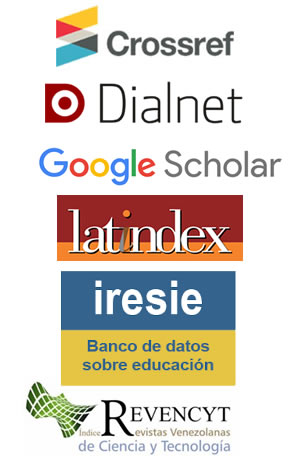The Strategic Role of Higher Education in the Sustainable Development of the Caribbean
Resumen
Education as a process allows human beings and societies to reach their fullest potential, while improving their capacity to address environment and development issues (Chapter 36, Agenda 21); by reasoning therefore, higher education should be pivotal to the achievement of sustainable development of the Caribbean Region. Currently, however, there are many issues that must be addressed by the Caribbean Community governments and higher education institutions prior to the realization of such laudable goals. The purpose of this Case Study is to demystify the typologies of Education for Sustainable Development, examine the current sustainable development practice of the University of Guyana in respect of its academic programmes and curricula, institutional practice regarding resource consumption (including water, energy, and paper), research agenda, and services (including policy advice) to the wider society. To this end, the research strategy entailed desk review of documents, key informants’ semi-structured interviews, and a survey of lecturers. The results highlight good practices can be replicated or scaled up, as well as gaps and opportunities for improvement.
Los derechos de autor permiten la protección del material original, y frena la utilización del trabajo ajeno sin permiso. UNESCO IESALC se adhiere a las licencias Creative Commons en la publicación de acceso abierto de la ESS. En concreto, los textos publicados en esta revista están sujetos a una licencia Creative Commons Reconocimiento-NoComercial 4.0 Internacional (CC BY-NC 4.0): Pueden ser copiados, distribuidos y difundidos siempre que se cite al autor, a la revista (Revista Educación Superior y Sociedad) y a la institución que los publica. No se permite el uso comercial. La licencia completa puede consultarse en https://creativecommons.org/licenses/by-nc/4.0/ La ESS requiere que los autores acepten el Copyright Notice como parte del proceso de envío. Los autores conservan todos los derechos.
 Reconocimiento – NoComercial (CC BY-NC 4.0)
Reconocimiento – NoComercial (CC BY-NC 4.0)
Esta revista no aplica ningún tipo de cargo a los autores por la presentación o procesado de los artículos. Los autores de las colaboraciones recibirán acuse de recibo de que el trabajo ha llegado al Equipo Editorial de la Revista.





-literales-100x311.png)
